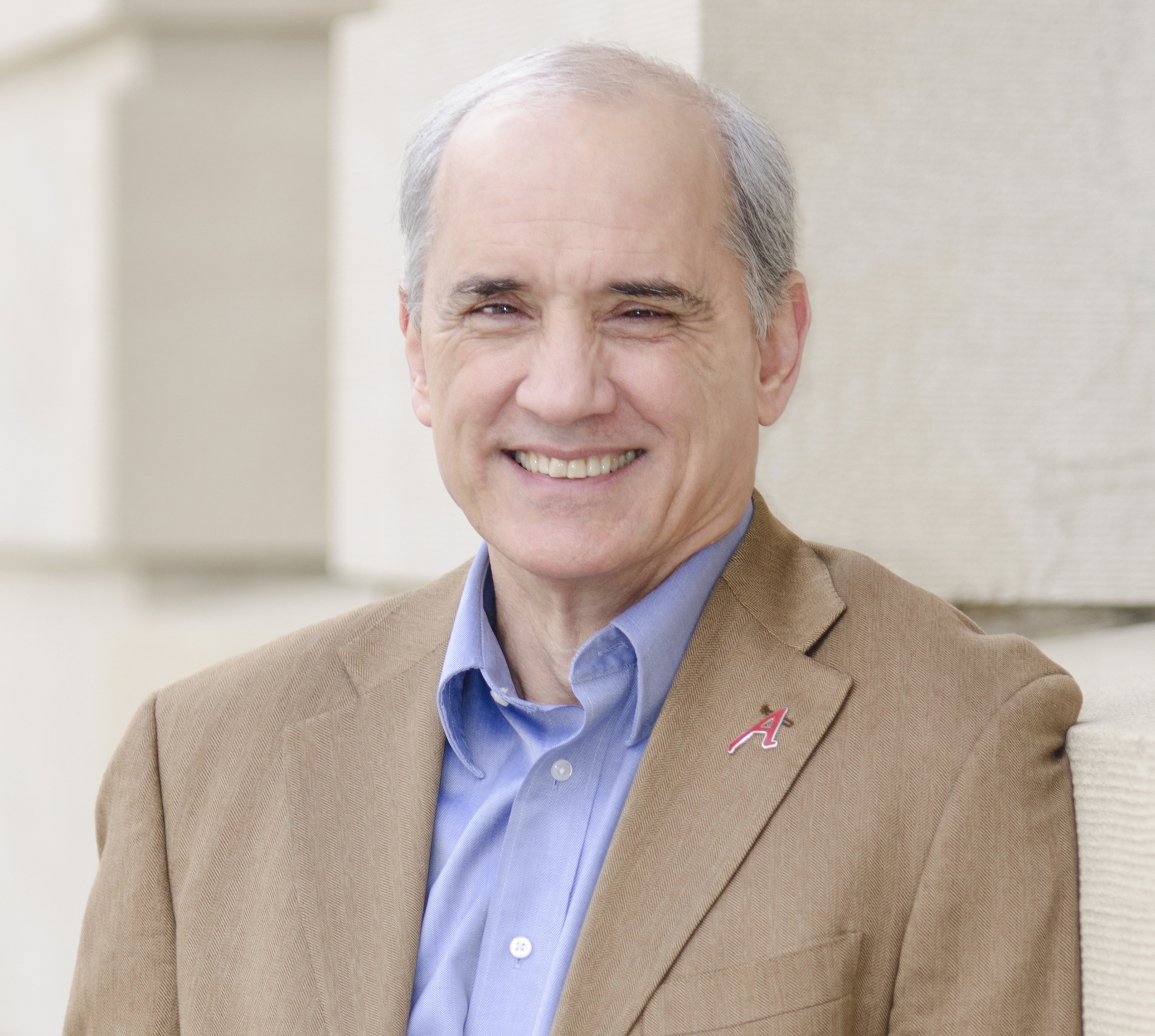 Congress spends $800,000 in taxpayer resources for opening prayers; bans nonbelievers from participating
Congress spends $800,000 in taxpayer resources for opening prayers; bans nonbelievers from participating
Today, on the National Day of Prayer, The Freedom From Religion Foundation is suing U.S. House Chaplain Patrick Conroy for barring FFRF Co-President Dan Barker from delivering a secular guest invocation to the House because he does not believe in God.
Barker and FFRF sued Conroy, members of his staff and Speaker of the House Paul Ryan, who oversees the chaplain’s office, for discrimination against nonbelievers, who constitute one-fourth of the U.S. population.
U.S. Rep. Mark Pocan, who represents the Madison, Wis., district, sponsored Barker to deliver a guest invocation in February of 2015. The chaplain’s office informed Baker’s staff that it requires “guest chaplains” to be ordained and to submit an ordination certificate. Barker, who was a Christian minister for 19 years, retains a valid ordination, which he still uses to perform weddings.
Not only did Barker provide all the required documentation but he also submitted a draft of his remarks after being told he must address a “higher power.” Barker’s proposed remarks stated that there is no power higher than “We, the People of these United States.” Barker also invoked the spirit of founding patriot Thomas Paine, a non-Christian deist who promoted “Common Sense over dogma.”
Conroy, after delaying for months, officially rejected the request in January of 2016, noting in a letter to Pocan that Barker had “announced his atheism publicly” and therefore was not a true “minister of the gospel” eligible for the honor of appearing in front of Congress.
FFRF’s legal complaint documents that nearly 97 percent of House invocations over the past 15 years have been Christian, 2.7 percent have been Jewish and less than half a percent Muslim or Hindu. More than a third of the prayers were delivered by guest chaplains.
The complaint states that a quarter of the U.S. adult population is nonreligious, yet an open nonbeliever has never been invited to give the opening invocation before either House or Senate. However, tax dollars of secular citizens help pay for the salaries of the religious priests and their aides who work for Congress, including $345,198 for the House chaplain and $436,886 for the Senate chaplain’s offices each year.
The complaint states that Conroy is violating Barker’s rights under the Religious Freedom Restoration Act (RFRA), the Establishment Clause of the First Amendment, and Article VI, Section III of the U.S. Constitution, which bars any religious test for office or public trust. RFRA states that the federal government shall not “substantially burden a person’s exercise of religion” unless it can demonstrate a “compelling governmental interest.”
FFRF is asking the U.S. District Court for the District of Columbia to declare that barring atheists and other nonreligious individuals from the position of guest chaplain violates the Constitution and RFRA, and that requiring guest chaplains to invoke a supernatural power violates Article VI. The organization is also bringing an Establishment Clause claim under the First Amendment of the Constitution, pointing out the chaplain’s office is showing an unconstitutional preference for religion over nonreligion.
“We take some satisfaction in filing this lawsuit on the National Day of Prayer, an unconstitutional law enacted at the behest of the Rev. Bill Graham in 1952 requiring the president to issue an annual proclamation exhorting citizens ‘to turn to God in prayer, at churches,'” says Barker.

